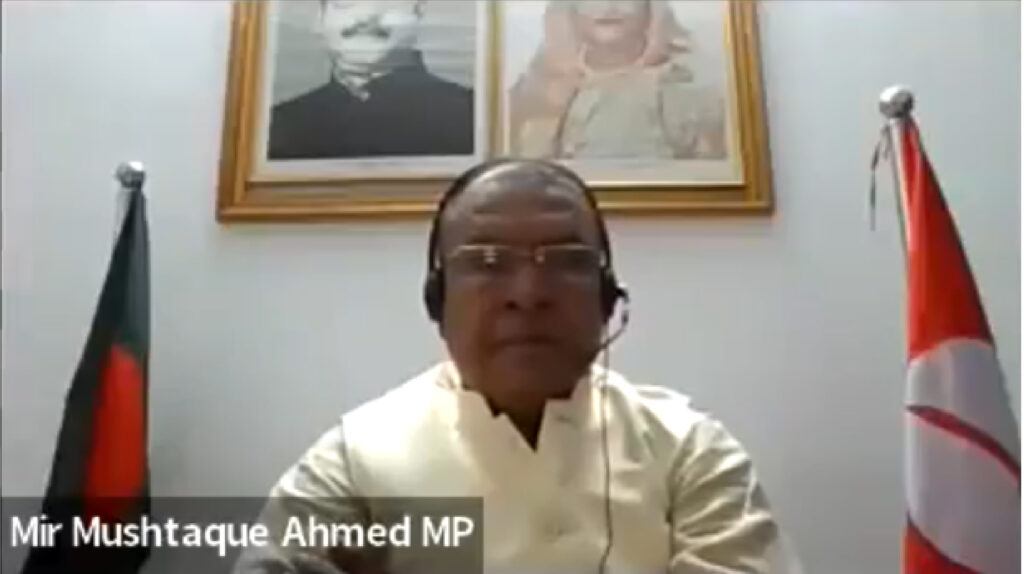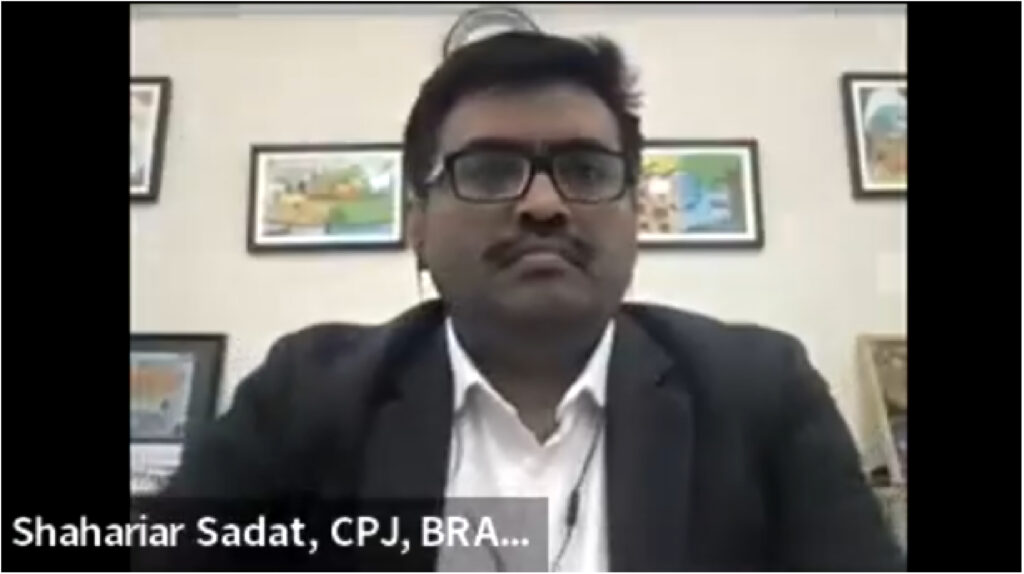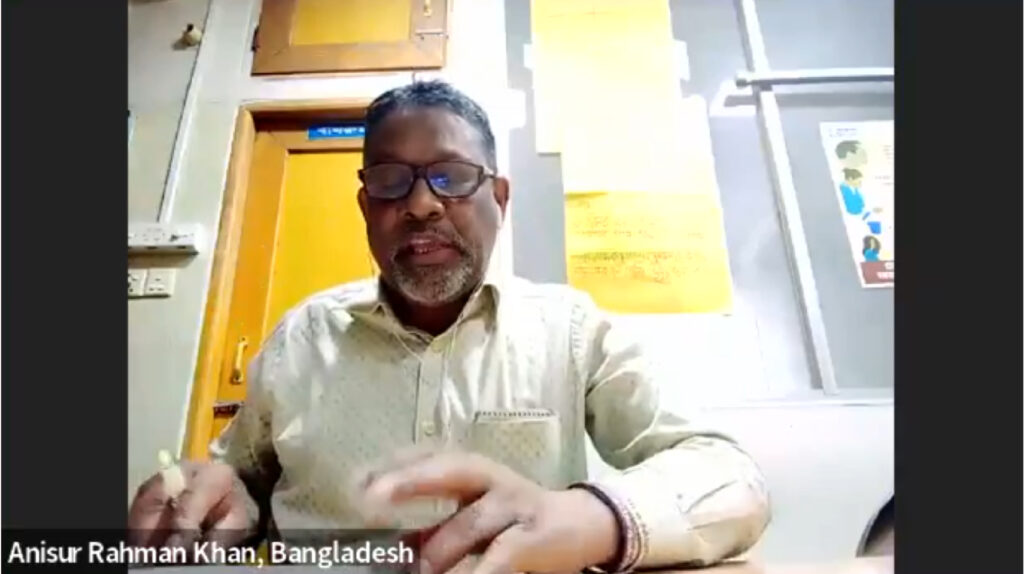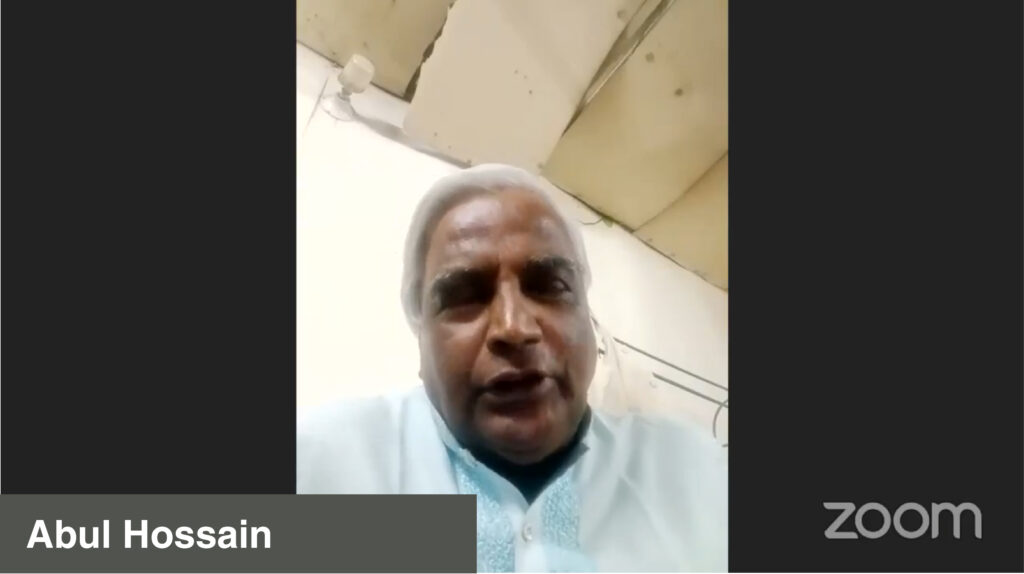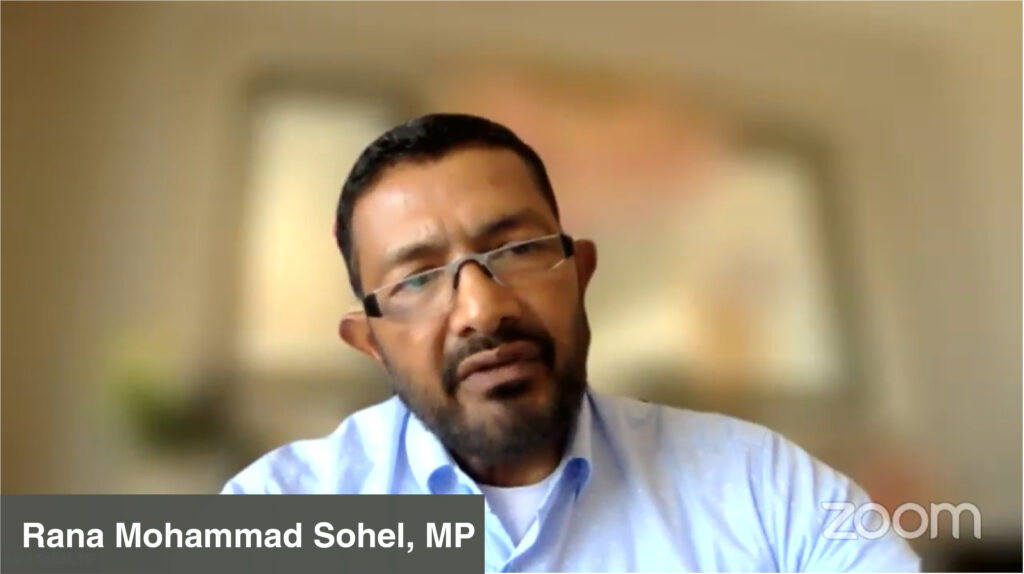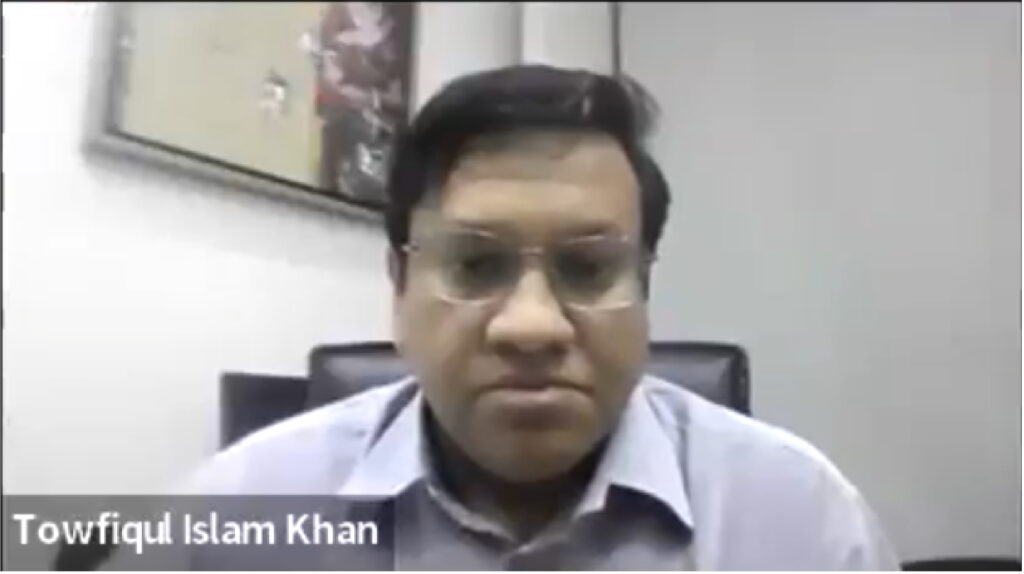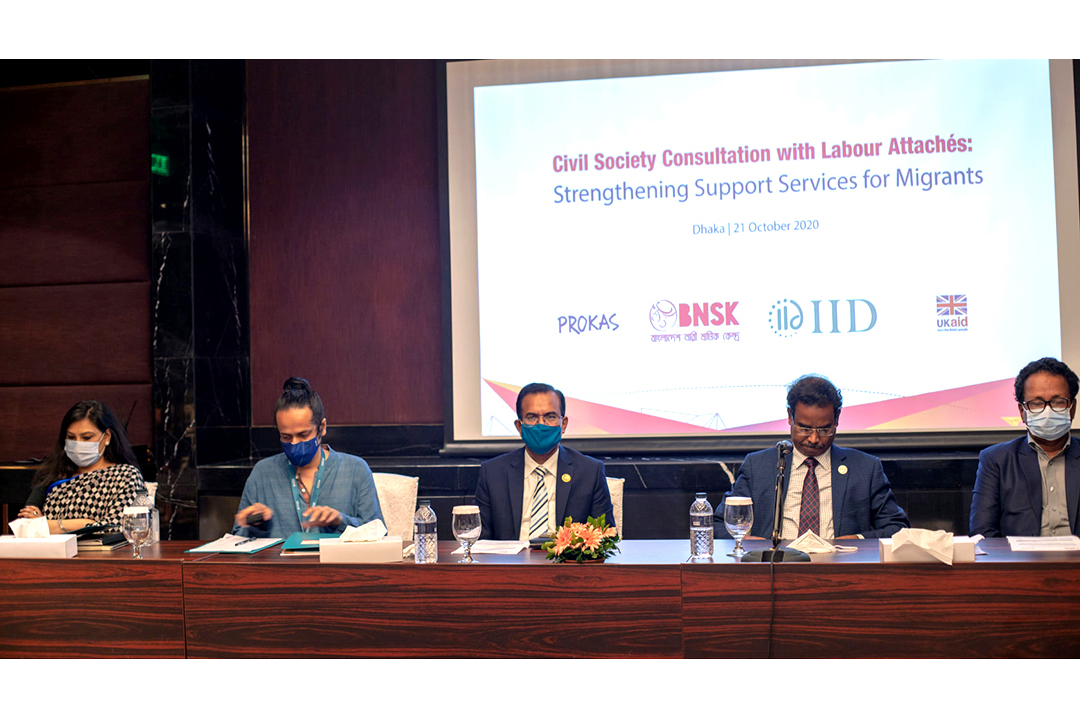The imbalance that persists between the social protections available to formal sector workers and the informal sector workers points to the need for an overhaul of the employment sector policies. Formulating a national work plan that focuses on ensuring social justice for all workers is critical to ensure social justice.
To commemorate the ‘World Day of Social Justice’ on 20th February, a national webinar on ‘Achieving Social Justice Through Formal Employment’ was held with 10 panelists. Among the panelists were various parliamentarians, government officials, CSO experts and other stakeholders to explore the role of employment in ensuring equality and social justice.
During the last five decades, Bangladesh has transformed into a middle-income country with high per capita income, diminishing poverty, buoyant forex reserve, food security, higher life expectancy and gender parity through the tenacity of the people and their will to adapt to changing times. However, the fruits of all this progress are yet to be distributed equally among the citizens as we continue to lag in many areas of social inclusion and social justice.The labor market is the primary socio-economic force and to achieve the goals of social justice and inclusion it is imperative that equality in opportunities, benefits, and protection in the labor market is ensured. Inequality in all of this is evident in the opposing conditions of the formally and the informally employed. Formal employment relative to informal employment does better at ensuring social justice, in the form of providing access to resources and legal protections, ensuring economic equity, through advancing decent work, and encouraging participation, diversity, and human rights for all in the labor force.
The live webinar was commenced by former MP Mahjabeen Khaled, Co-chair of the Parliamentary Caucus on Social Justice, defining formal employment in the global landscape and in the context of Bangladesh. She emphasized the need for structural mechanisms, accountability systems and disciplining strategies for the formal employees and regularization of the informal employees and sectors. The panelists then brought forward various issues in the employment sector and the different pathways necessary to provide protection to informal sector employment. The need for collective effort to ensure social justice and ways that laws and legislation systems to support the shift of informal employment to formal employment was also emphasized.
“Formalization of informal workers can also be another way to achieve social equality and justice”, opined Abul Hossain, Acting Coordinator, DWRN. He also talked about creating awareness for the security of the workers and a social agreement to ensure their proper social inclusion. Another expert questioned how we should define formal employment for our country since it can depend on the intricacies of our social fabric. Shahariar Sadat, Director of CPJ, BRAC said in retrospect, “There is still scope to improve the employee-employer relationship and culture in our country, so that we can address all of our workers’ needs.” Another panelist also emphasized the roles that the youth can play in the advancement of the country.
Two young professionals who were part of the discussion expressed their perspectives on employment by pointing out the hurdles faced by the marginalized communities, such as women, youth and ethnic people. They also emphasized the vitality of improving the societal outcomes of our workers along with the economic growth of the country.
The panel discussion was moderated by Syeed Ahamed, CEO, Institute of Informatics and Development (IID). He brought together all the suggestions and recommendations, pointing to the difficulty in ensuring social justice through formal employment because of the various pathways it needs to take.
Overall, transitioning informal sector workers to the formal sector was pointed out as one potential way. Other pathways included protecting the informal sector workers, regulating access to social protection, ensuring respect and dignity to all work, and making certain that the most disadvantaged populations are given equal opportunity to avail social protections. Hence a national work plan was suggested for a cohesive approach to attain social justice for everyone at every level of employment.
The panelists of the national webinar included Rana Mohammad Sohail MP; Mir Mostaque Ahmed Robi MP; Tanvir Shakil Joy MP; Mahjabeen Khaled, Former MP and Co-chair of the Parliamentary Caucus on Social Justice; Shahariar Sadat, Director of CPJ, BRAC; Anisur Rahman Khan, Director of Migration Program, Awaj Foundation; Abul Hossain, Acting Coordinator, DWRN; Towfiqul Islam Khan, Senior Research Fellow of CPD; Sristi Chakma, Cultural Secretary, Peace Café, University of Dhaka and Md Rostom Ali, M. Phill fellow, University of Rajshahi. The National Webinar was organized by Centre for Peace and Justice (CPJ), BRAC University, and Institute of Informatics and Development (IID) in partnership with the Parliamentary Caucus on Social Justice.

